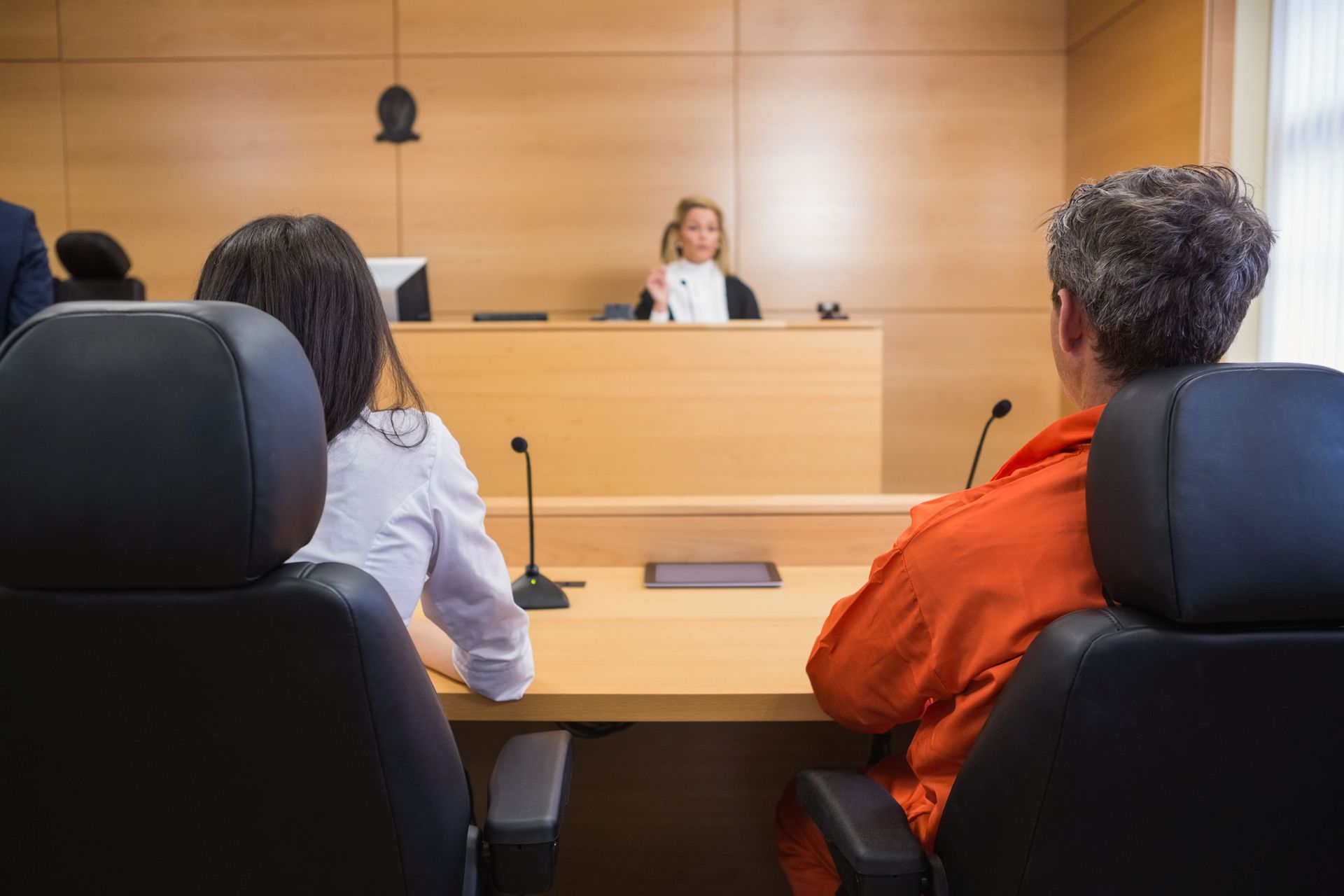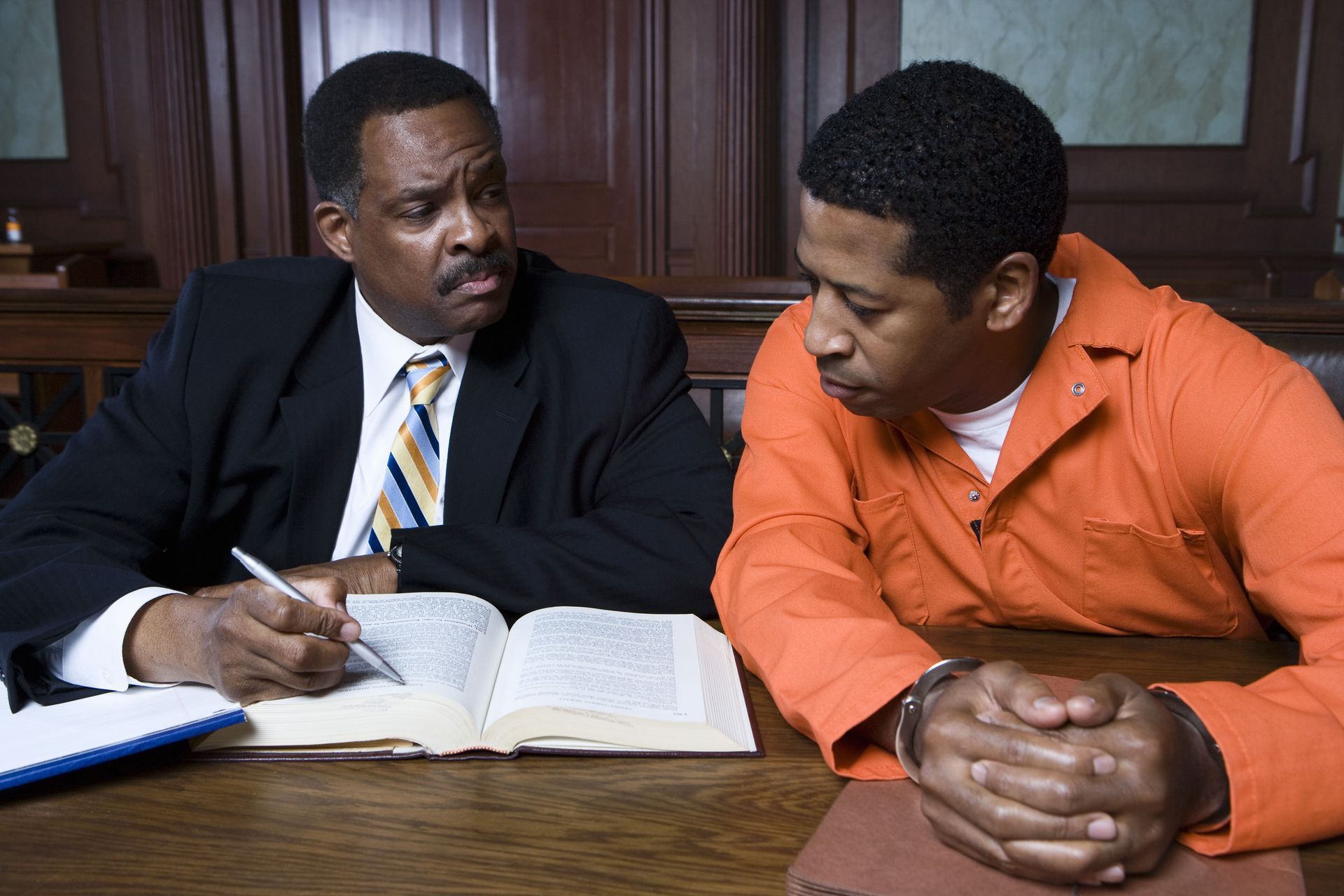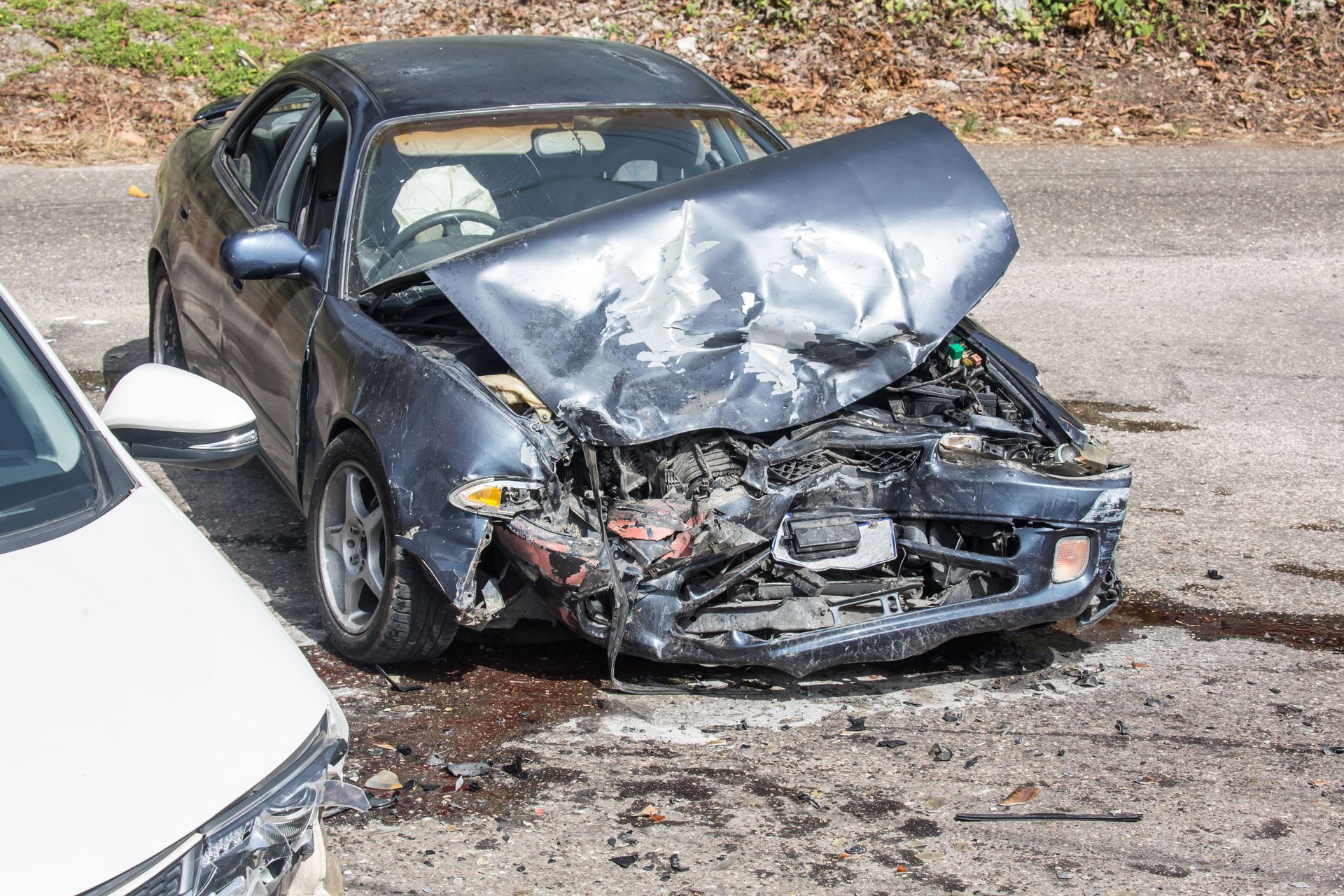What Parents Need to Know About Juvenile Records
Juvenile records are often confusing for most people, and parents always worry about what would happen to their children in the future if they had such a history. In these cases, it's always best to hire a juvenile lawyer during your case who will handle the situation with care and explain everything carefully.
According to Youth.gov, studies have shown that most youth who were charged with serious offenses reduce their law-breaking over time even without any intervention. In fact, 92% decreased their participation in illegal activities within the first three years after dealing with the juvenile justice system. Therefore, parents should know that juvenile records are not the end of their child's future. Keep reading to learn more.
What Are Juvenile Records?
These are detailed records of a child or teenager's crimes and convictions. Each state has an age cutoff for juvenile terms, but in most states, this cutoff is 18 when they become adults. In some states, 17 is old enough, while in others, such as Wyoming, they aren't considered adults until 19.
Age is important when it comes to crimes and records, as these matters are treated more harshly once you turn into an adult. However, that doesn't mean that they never get charged in serious matters. Sometimes, the crime is so great that children end up with the same punishment as an adult.
Do Juvenile Records Appear on Background Checks?
An important aspect of juvenile records that parents should understand is that these can be sealed. So, a parent can request this done or the offender can seek to do it once they turn into an adult. A juvenile lawyer is necessary for such matters, but this process hides those offenses so that your child or young adult can move on with their life. If you choose this route, those records won't appear on any background checks.
Will Juvenile Records Affect Job Hunting?
As long as a juvenile lawyer handles your case, you won't have to worry about your child when it's time for them to find a job. There are some limitations during the expungement process, though. For example, if the crime is great, you might not be able to expunge it. If expungement is done properly, it means that the offense was not serious enough and it won't affect the child's future.
Now that you know these matters, you can ease your concerns regarding your child's records. As long as they have learned their lesson, you will not have t worry about their past affecting their future. If you need assistance handling your child's juvenile records or have more questions, contact our team at the Law Offices of Jason Pollack, Esq today.













Share On: